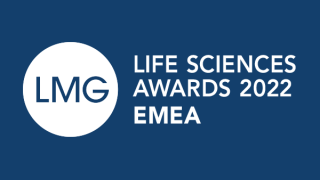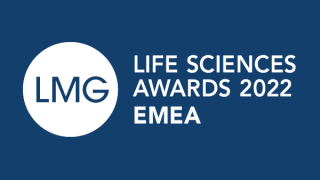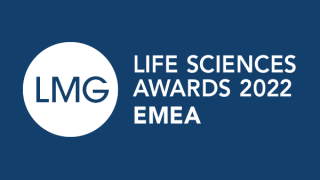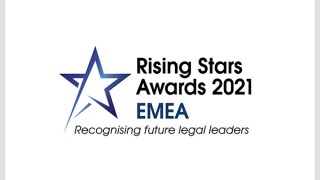Switzerland
Partners Marc Hanslin and Daniel Alder discuss the impact of AI on capital markets, M&A work and client billing
The move aligns with the firm’s ambition to target Swiss businesses aiming for global expansion and foreign investors seeking Swiss assets
Companies in neighbouring Switzerland need lawyers who are up to date with the changing regulations as the EU relaxes its ESG requirements
The Zurich-based M&A lawyer explains why he likes the collaborative nature of his job and why finding balance is essential
The finalists for the 26th annual Europe awards are revealed - winners will be presented in London on April 3
The finalists for the 25th annual Europe awards are revealed - winners will be presented in London on April 24
The schuldschein market has had a record year on all accounts, and the momentum is expected to continue into the autumn
Sponsored
Sponsored
-
Sponsored by HomburgerHomburger partner Jürg Frick explains how Swiss regulators are working to strengthen the country’s competitiveness as a fund centre
-
Sponsored by Bär & KarrerSwitzerland is well known as an innovation-friendly jurisdiction, in particular in the financial sector. This is partly due to the technology-neutral and principle-based approach of its regulation, which has allowed the Swiss Financial Market Supervisory Authority (FINMA) and other Swiss authorities and self-regulatory organisations to flexibly address the challenges of emerging technology, such as distributed ledger technology (DLT), being used in financial services. Furthermore, Swiss regulation typically aims to create a level playing field between traditional players and innovators, seeking to ensure that the goals of financial regulation are met regardless of the technology used in a business model.
-
Sponsored by Bär & KarrerIn a referendum held on May 19 2019, the Federal Act on Tax Reform and AHV Financing (TRAF) was adopted by the Swiss people and the cantons. The reform includes several measures directed at corporate income taxation, such as the abolition of tax privileges for certain types of companies (status companies) and the implementation of internationally accepted replacement measures such as a patent box or the ability to super-deduct R&D costs (up to 150% of actual costs). The reform also contains tax measures at the shareholder level. The majority of the measures will be in force as of January 1 2020.


















